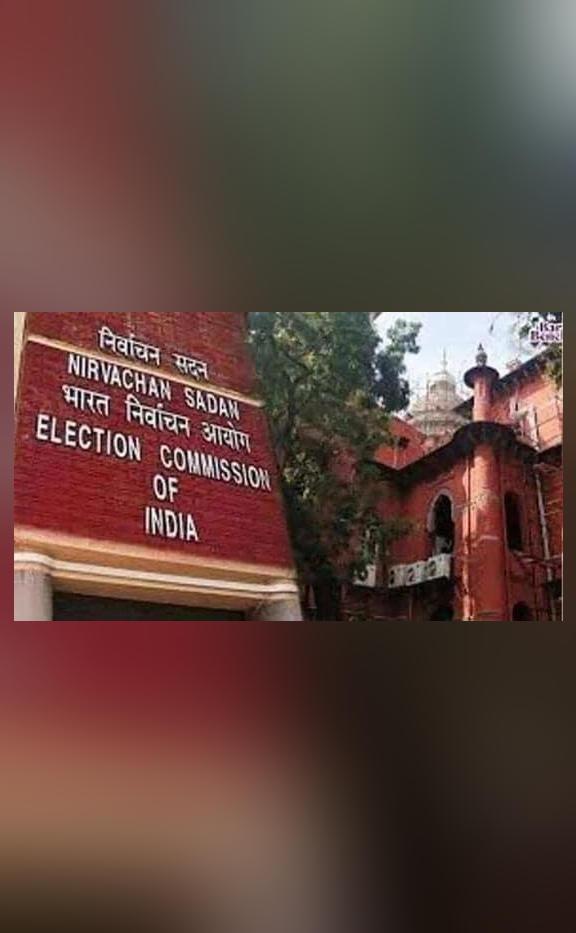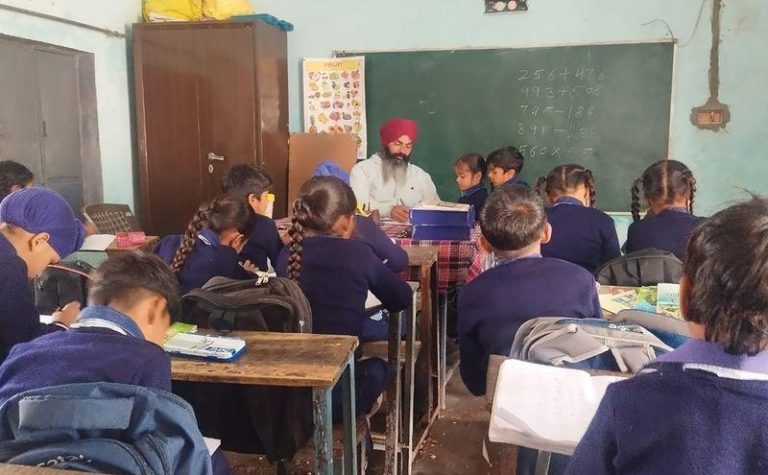
Aadhaar, Voter ID & Ration Cards Can’t Be Considered for SIR: ECI
The Supreme Court’s suggestion to accept Aadhaar, voter ID, and ration cards as standalone proof of voter eligibility in the ongoing special intensive revision (SIR) of Bihar’s electoral roll has been rejected by the Election Commission (EC). This decision has been met with a sigh of relief by many, as it clarifies that these documents cannot be used for the SIR process.
The SIR process is a crucial step in updating the electoral rolls, and the EC has been working tirelessly to ensure that every eligible citizen is registered to vote. In recent times, there have been concerns about the authenticity of voter IDs and the process of updating the electoral rolls. The EC’s decision to reject the Supreme Court’s suggestion is a significant development in this regard.
The Supreme Court had suggested that Aadhaar, voter ID, and ration cards could be used as proof of voter eligibility, citing the need to simplify the process and reduce the number of applications rejected due to lack of documents. However, the EC has rejected this suggestion, citing the need to maintain the integrity of the electoral process.
The EC has made it clear that a person’s citizenship will not terminate on account of not being part of the electoral rolls. This decision is a significant relief for many, as it clarifies that being left out of the electoral rolls does not affect one’s citizenship status.
So, what does this mean for citizens? For one, it means that the EC will not accept Aadhaar, voter ID, and ration cards as standalone proof of voter eligibility. This could lead to a slight increase in the number of applications rejected due to lack of documents, but it also ensures that the electoral process remains transparent and secure.
The EC’s decision is also a significant relief for those who have concerns about the authenticity of voter IDs. The EC has been working to update the electoral rolls, and this decision ensures that the process is carried out in a transparent and secure manner.
The EC’s decision is also a testament to its commitment to ensuring the integrity of the electoral process. The EC has been working tirelessly to update the electoral rolls, and this decision ensures that the process is carried out in a fair and transparent manner.
In conclusion, the EC’s decision to reject the Supreme Court’s suggestion to accept Aadhaar, voter ID, and ration cards as standalone proof of voter eligibility is a significant development in the ongoing SIR process. While it may lead to a slight increase in the number of applications rejected due to lack of documents, it ensures that the electoral process remains transparent and secure.
The EC’s decision is also a relief for many, as it clarifies that a person’s citizenship will not terminate on account of not being part of the electoral rolls. This decision is a testament to the EC’s commitment to ensuring the integrity of the electoral process, and it ensures that the SIR process is carried out in a fair and transparent manner.






